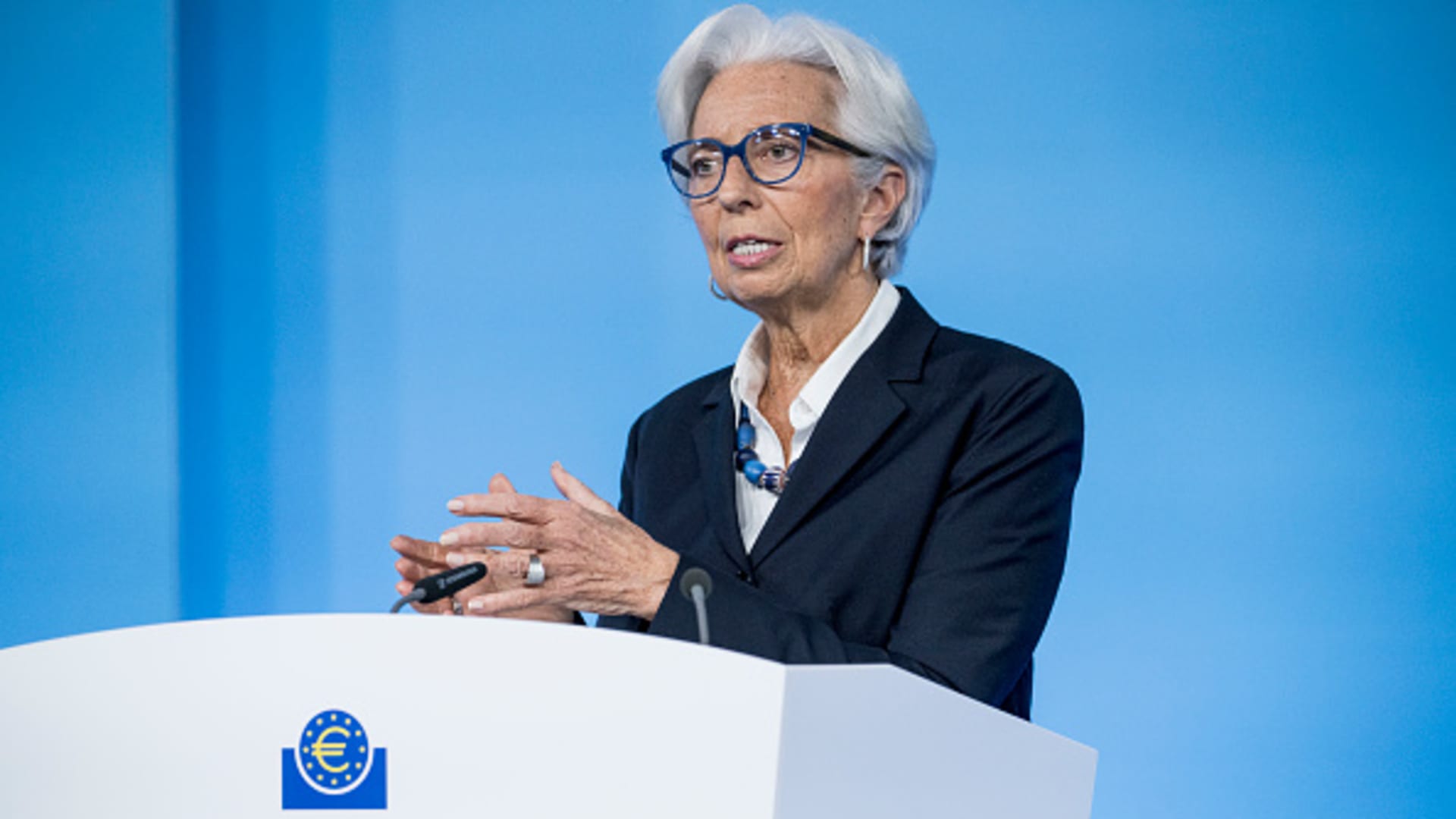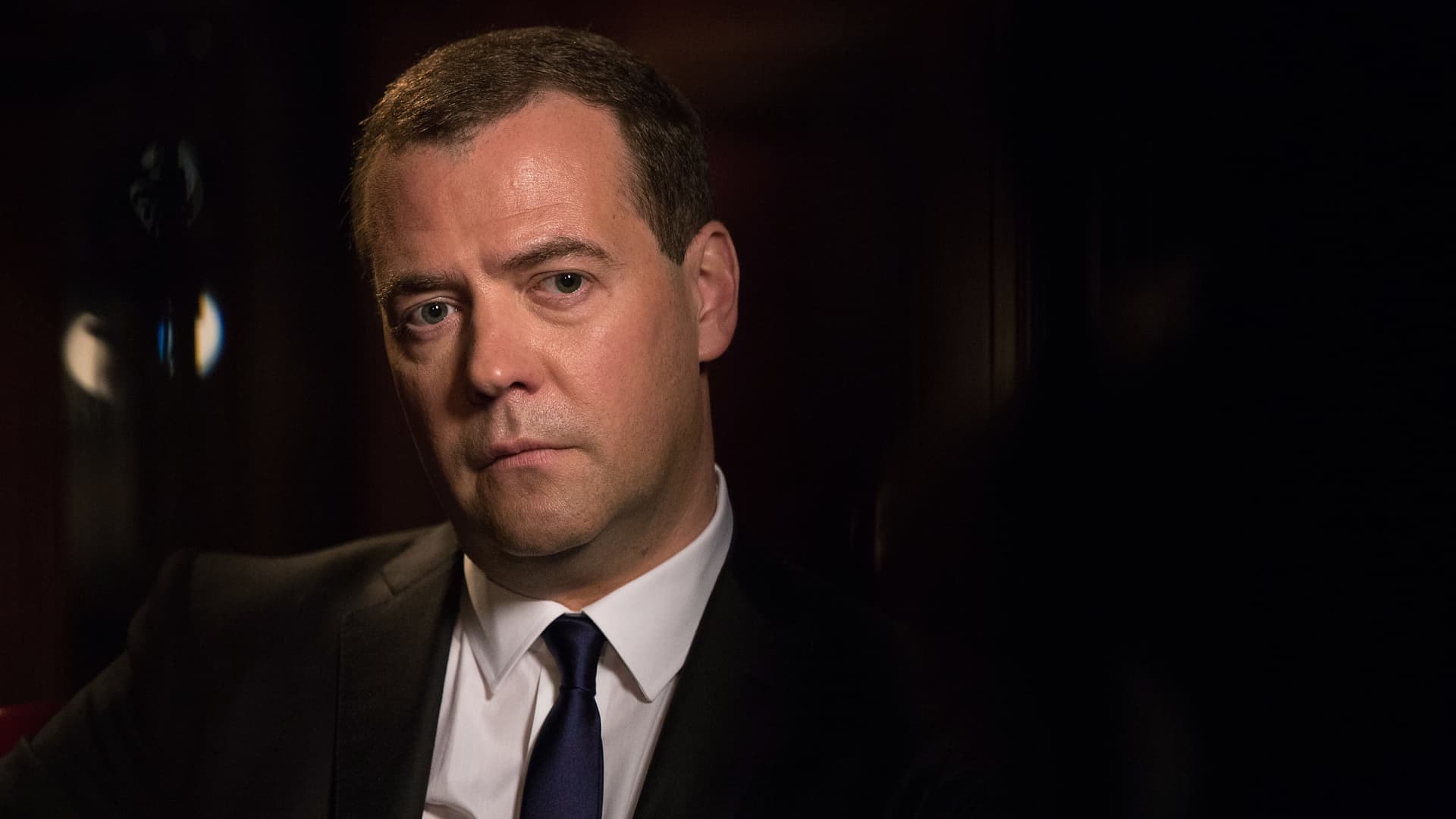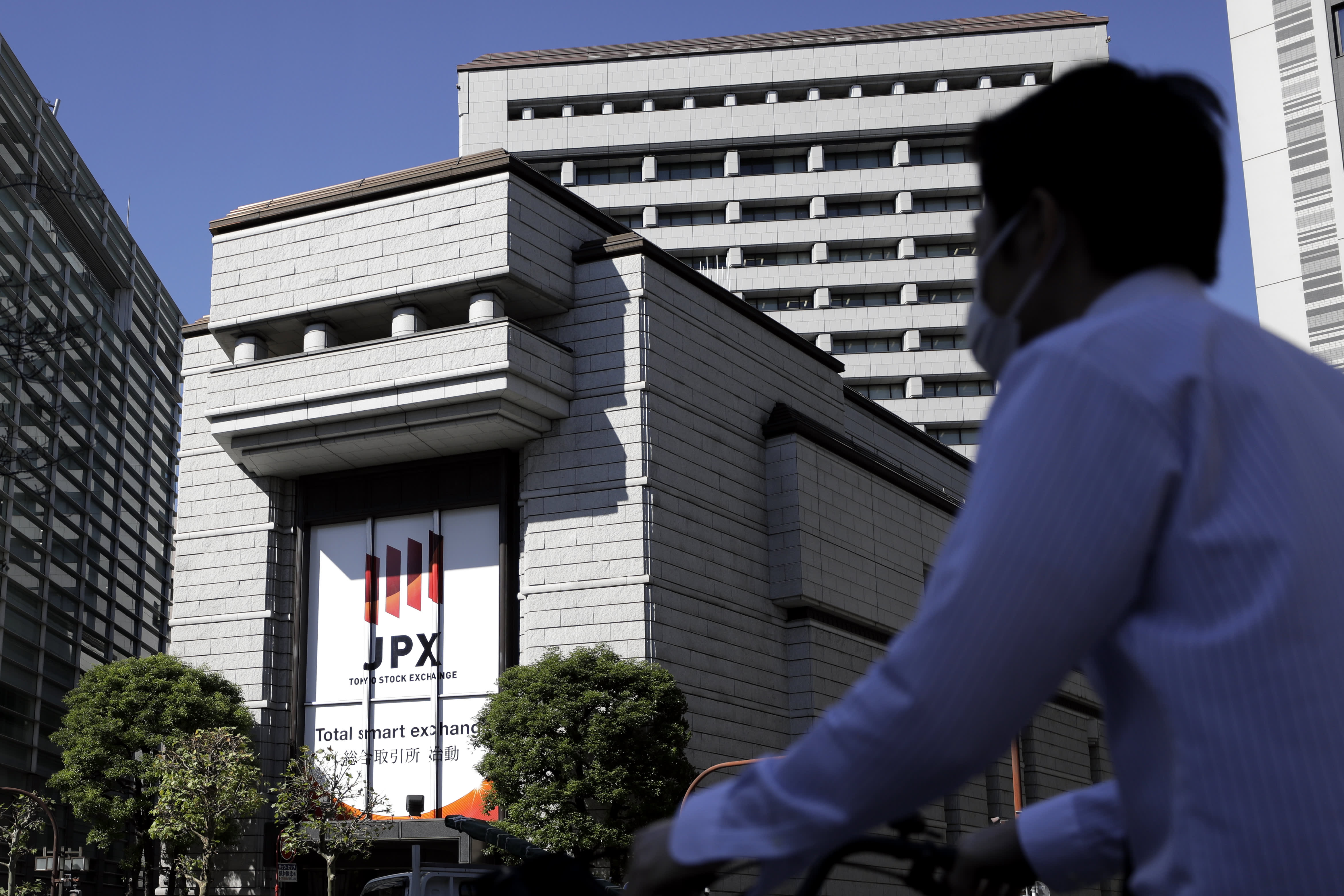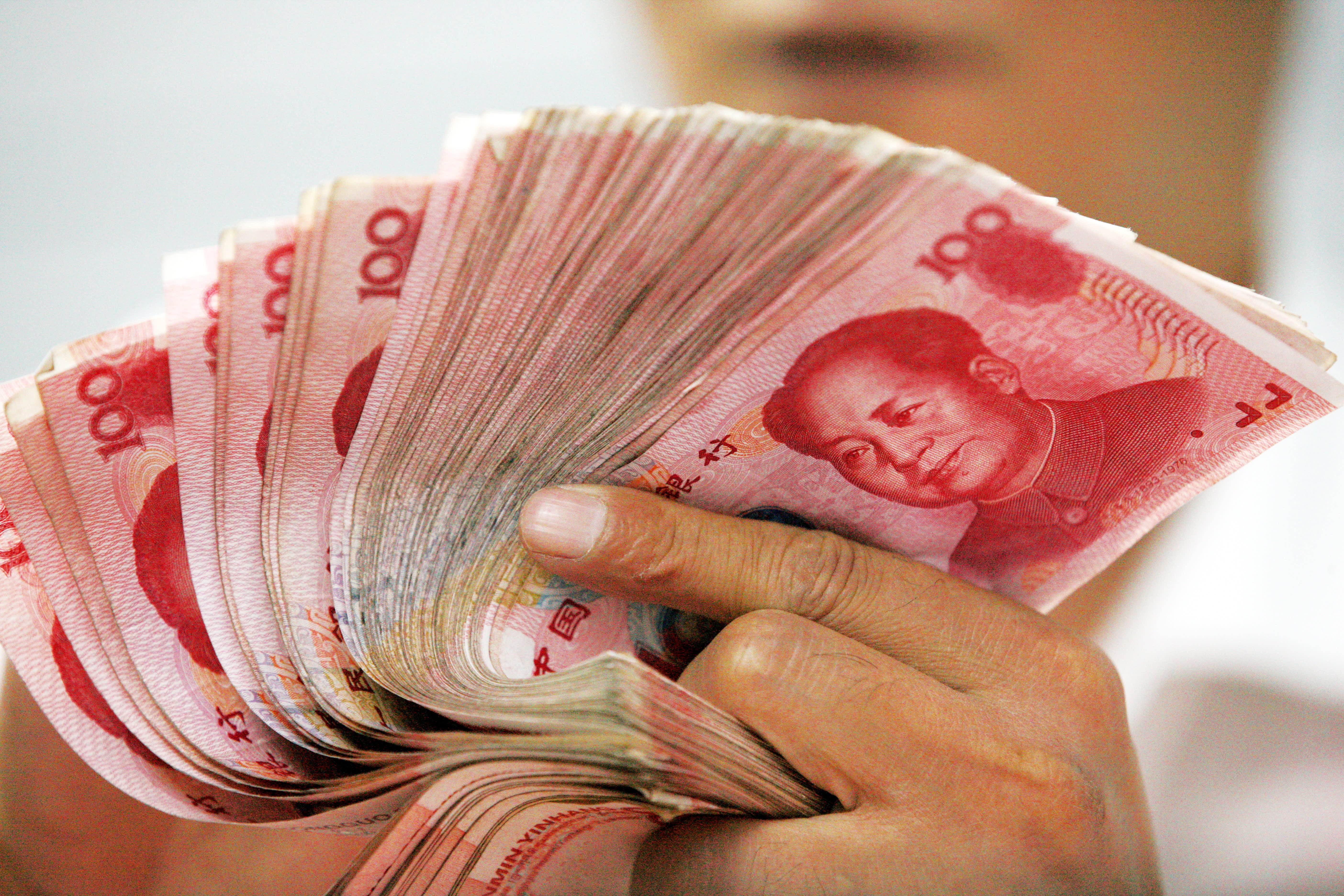ECB confirms the end of its bond buying in the third quarter as inflation surges
The ECB has confirmed that it will conclude its net asset purchases in the third quarter.

The European Central Bank faces a tough balancing act, with inflation running at record highs while the war in Ukraine casts a shadow over the growth outlook.
Thomas Lohnes | Getty Images News | Getty Images
The European Central Bank on Thursday kept its monetary policy unchanged but confirmed it will end its bond buying in the third quarter.
The Governing Council faces a dilemma, with inflation hitting a record high of 7.5% in March, while the economic growth outlook weakens due to the war in Ukraine.
The ECB said in a statement Thursday that it now expects to conclude its net asset purchases under its APP (asset purchase program) in the third quarter. It had previously said this would be the course of action if supported by the data.
"At today's meeting the Governing Council judged that the incoming data since its last meeting reinforce its expectation that net asset purchases under the APP should be concluded in the third quarter," the bank said Thursday.
Once the bond buying program is completed, the ECB is expected to begin hiking interest rates, following the same path as the Bank of England and the U.S. Federal Reserve.
In a press conference following the release of the statement, ECB President Christine Lagarde said that how the eurozone economy develops will "crucially depend on how the conflict evolves, on the impact of current sanctions, and on possible further measures."
Lagarde noted that inflation had increased "significantly and will remain high over the coming months, mainly because of the sharp rise in energy costs."
Looking ahead, Lagarde said the ECB's monetary policy would depend on incoming economic data and its "evolving assessment of the outlook."
She added that the ECB's Governing Council would take "whatever action is needed to fulfill the ECB's mandate to pursue price stability and to contribute to safeguarding financial stability."
Interest rates
The interest rate on the ECB's main refinancing operations and the interest rates on the marginal lending facility and the deposit facility remains unchanged at 0.00%, 0.25% and -0.50% respectively.
"Any adjustments to the key ECB interest rates will take place some time after the end of the Governing Council's net purchases under the APP and will be gradual," the bank said in a statement.
"The path for the key ECB interest rates will continue to be determined by the Governing Council's forward guidance and by its strategic commitment to stabilize inflation at 2% over the medium term."
Bond buying under the ECB's 1.85 trillion euro ($2 trillion) Pandemic Emergency Purchase Programme, or PEPP, ended in March. However, purchases under the older APP were being used as a bridge through the end of the PEPP.
Economists had broadly expected the ECB to keep policy steady for now and lay the groundwork for action at its June 9 meeting, once the uncertain outlook for growth and inflation has been established.
Minutes from the last meeting on March 10 showed the Governing Council engaged in fractious discussion over the pace of policy normalization.
The war in Ukraine and subsequent heavy sanctions on Russia, supply chain bottlenecks, high energy prices and concern about a general scarcity of commodities needed for many industrial processes have darkened the economic outlook significantly.
At the same time, inflation rates continue rising and there are tentative signs that this surge is not solely fueled by energy prices, but could be more systemic.
A 'tough policy trade-off'
Anna Stupnytska, global macro economist at Fidelity International, said the ECB faces a "tough policy trade-off" that is more complex than that facing other developed market central banks.
"On the one hand, it is clear that the current policy stance in Europe, with interest rates still in the negative territory and the balance sheet still growing, is too easy for the high level of inflation which is becoming broader and more entrenched," she said following Thursday's decision.
"On the other hand, however, the Euro area is facing a huge growth shock, simultaneously driven by both the war in Ukraine and China's activity hit due to zero-COVID policy. High frequency data already point to a sharp hit to Euro area activity in March-April, with consumer-related indicators worryingly weak."
Fidelity International has a recession in Europe as its base case, though Stupnytska said its severity and duration will depend on how further sanctions against Russia unfold.
"As a full energy embargo is becoming more likely, so is the worst case recession scenario. We believe as the growth shock becomes more evident in the data over the next few weeks, the ECB's focus will likely shift away from high inflation towards trying to limit economic and market distress as the invasion of Ukraine and its consequences continues to ripple through the system," she said.
"Contrary to market pricing, we do not expect the ECB to hike rates until Q4 this year or early 2023."
Gurpreet Gill, macro strategist at Goldman Sachs Asset Management, said the next milestone in the ECB's policy normalization agenda will be a decision on the pace of asset purchases next quarter, which she suggested will likely be the focus at the July meeting.
"With market-implied pricing already pointing to a July rate lift-off and a total of three rate hikes this year, we see limited scope for any hawkish rhetoric to push pricing higher," Gill added.
Correction: This story has been updated to reflect that the ECB confirmed it will end its bond buying in the third quarter.
- CNBC's Annette Weisbach contributed to this report.

 Koichiko
Koichiko 
































